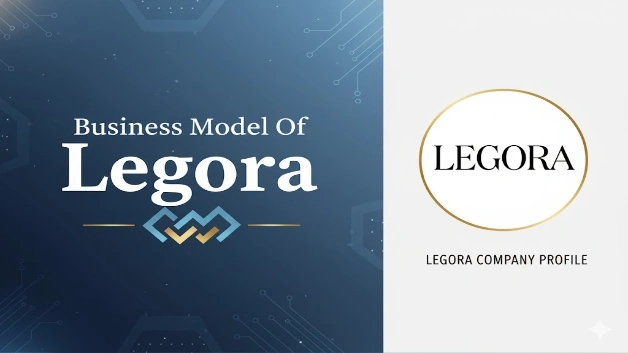| Category | Summary |
|---|---|
| How Legora started | Business Model Of Legora: Legora was Founded in 2020 by a group of legal and AI experts from Stockholm and London, Legora began as a research-driven project aiming to reduce inefficiencies in legal workflows. The founders noticed how law firms relied heavily on manual document review, research, and drafting, which consumed time and raised costs. With early seed backing from Y Combinator, the startup built an AI-assisted platform capable of automating contract review and due diligence—transforming repetitive legal work into a faster, collaborative process. |
| Present condition of Legora | Legora is Currently valued at $1.8 billion after raising $150 million in Series C funding led by Bessemer Venture Partners, the company has expanded to more than 400 law firms across 40 countries. Its client base includes major global law firms and enterprise legal departments. The AI platform integrates directly with tools like Microsoft Word and SharePoint, enabling lawyers to draft, edit, and review contracts collaboratively in real time. With offices in London, Stockholm, New York, Denver, and Sydney, it has become a trusted player in enterprise legal automation, providing AI-driven legal assistance to top-tier clients. |
| Future of Legora and industry | The legal-tech industry is at a pivotal growth stage, projected to exceed $45 billion by 2030 as generative AI becomes standard in law practice. The company plans to extend its platform to cover broader compliance, regulatory, and multilingual contract management use-cases. Its roadmap includes deeper generative capabilities, stronger integrations with enterprise software, and regional expansion into Asia-Pacific. The broader industry is shifting from manual legal services to AI-first collaboration, positioning the firm to become one of the few globally scaled legal-tech platforms. |
| Opportunities for young entrepreneurs | The evolving AI-legal space offers emerging founders vast opportunities to innovate. Startups can focus on niche verticals such as legal data analytics, contract verification, ethics in AI law, and regional regulatory automation. Entrepreneurs can also build complementary tools that integrate with existing enterprise systems or target under-served regions where digital legal transformation is just beginning. With law firms seeking efficiency and cost reduction, new ventures that simplify compliance or enhance trust will find a receptive market. |
| Market share of Legora | While exact market share figures remain undisclosed, the company is considered one of the fastest-growing platforms in European and North-American legal-tech, already serving over 400 enterprise clients. It competes alongside rising names like Harvey AI and Spellbook but maintains an estimated 10–12 percent penetration in AI-enabled contract review among top international law firms. As adoption accelerates, its share within the AI-driven legal-workflow market is expected to double by 2027. |
| MOAT (competitive advantage) | Its main advantage lies in deep workflow integration and domain-specific AI trained for legal reasoning rather than generic text generation. The platform works within tools lawyers already use, ensuring zero workflow disruption. Combined with high regulatory compliance, security certifications, and trust from established law firms, it builds a strong defensive moat. Another key differentiator is the collaborative model—AI suggestions appear as contextual co-pilot inputs, letting lawyers retain control and ensuring accuracy. This hybrid human-plus-machine model reinforces adoption and client retention. |
| How Legora makes money | The firm operates on a SaaS subscription model, charging enterprises based on the number of active users and the volume of processed legal documents. Additional revenue streams include custom AI deployments, premium compliance integrations, and enterprise consulting for workflow optimization. Law firms and corporations subscribe annually, generating predictable recurring revenue. Its monetization strategy emphasizes long-term retention through high-value enterprise accounts rather than short-term individual sales, aligning profitability with scalable AI usage. Over time, the company aims to introduce tiered pricing based on AI usage intensity and data security requirements, along with a marketplace for third-party legal AI tools integrated into its ecosystem. This combination of scalability, predictable cash flow, and ecosystem expansion ensures sustained profitability and competitive resilience. |
I’m Araib Khan, an author at Startups Union, where I share insights on entrepreneurship, innovation, and business growth. This role helps me enhance my credibility, connect with professionals, and contribute to impactful ideas within the global startup ecosystem.
